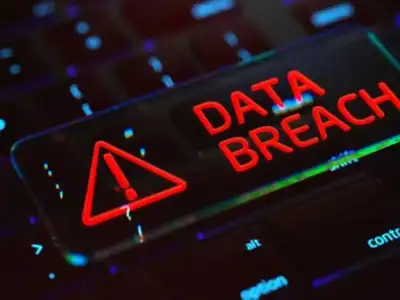ARTICLE AD BOX

The leak exposed 16 billion login credentials, passwords, email and social media platforms like Google, Facebook, and Telegram
Security researchers have warned of a massive
data breach
which has compromised 16 millions login credentials worldwide. The data leaked exposed user data on platforms like Google, Facebook, Apple and countless other services. The discovery, made by CyberNews researchers during an ongoing investigation since January 2025, represents what could be the largest credential leak in history.The exposed data sets range dramatically in size, from smaller collections containing tens of millions of records to massive databases housing over 3.5 billion credentials each. The massive trove of stolen data was briefly accessible through unsecured databases before being locked down, though researchers were unable to identify the owners. Most concerning is that virtually all datasets were previously unreported, with only one 184-million-record database having been disclosed before by Wired magazine in May.
How to check if your data has been compromised
There are multiple ways using which you can easily check if your login credentials have been compromised. You can use the below mentioned ways to check:
- Have I Been Pwned: Enter your email address to see if it appears in any known data breaches.
- Google Password Checkup: Built into Chrome and your Google account, this tool flags compromised passwords and suggests updates.
- F-Secure Identity Theft Checker: Offers a risk assessment based on leaked data and identity theft indicators.
What to do if your credentials are exposed
You can take some corrective measures in case your data has been exposed in the online leak
- It is advisable to change your password immediately including your email, banking and social media accounts.
- Always use and strong and unique password for your accounts
- Whenever possible enable two-factor authentication for better protection
- Also avoid using old passwords
- You can also consider investing in a password manager to store secure credentials



.png)
.png)
.png)
















 3 hours ago
3
3 hours ago
3









 English (US) ·
English (US) ·